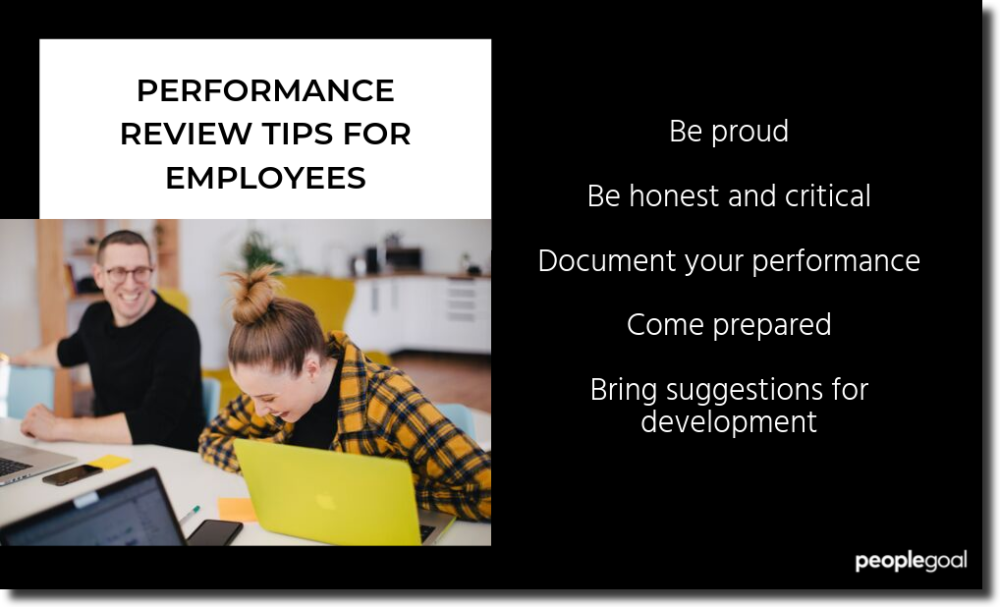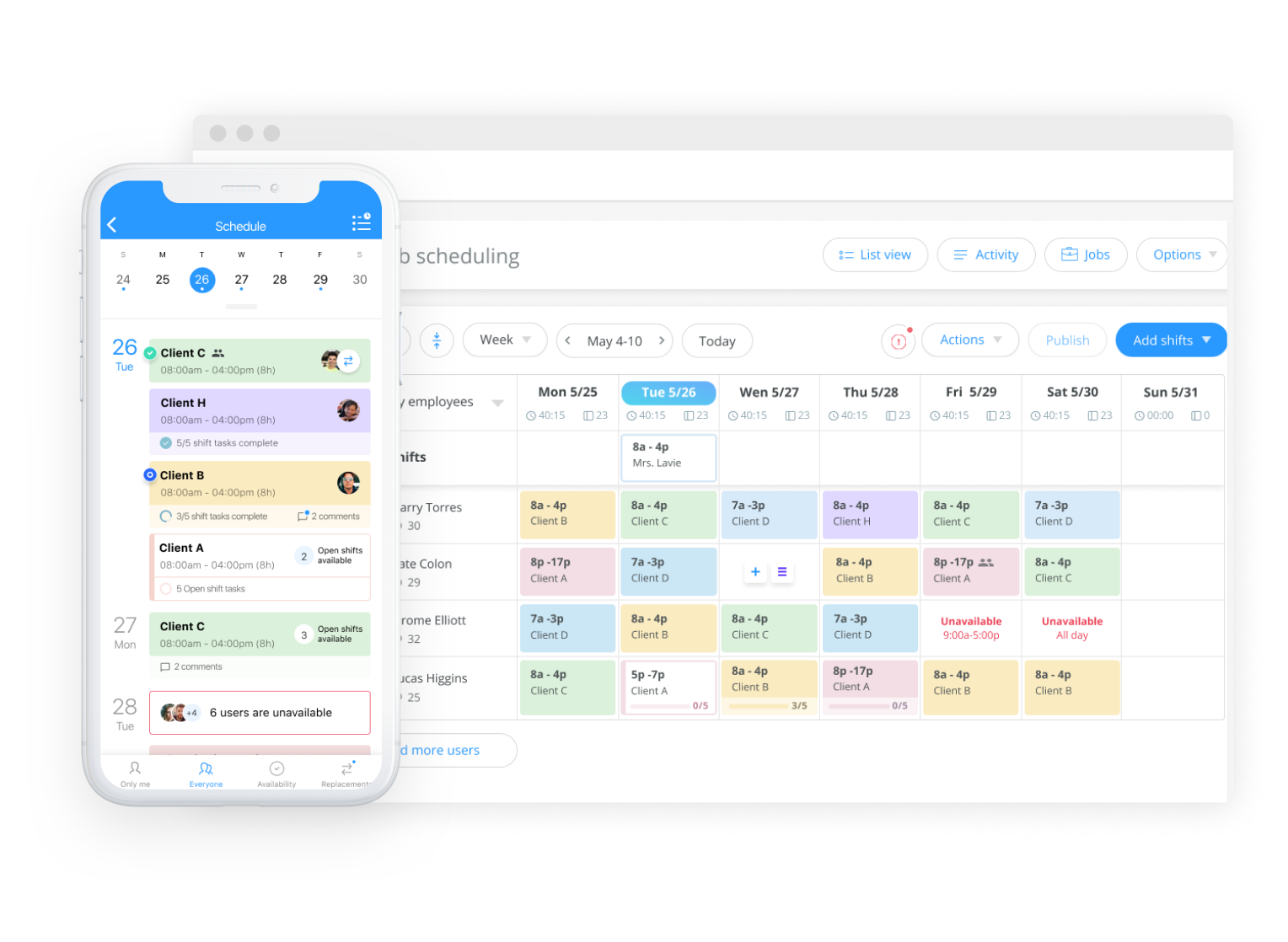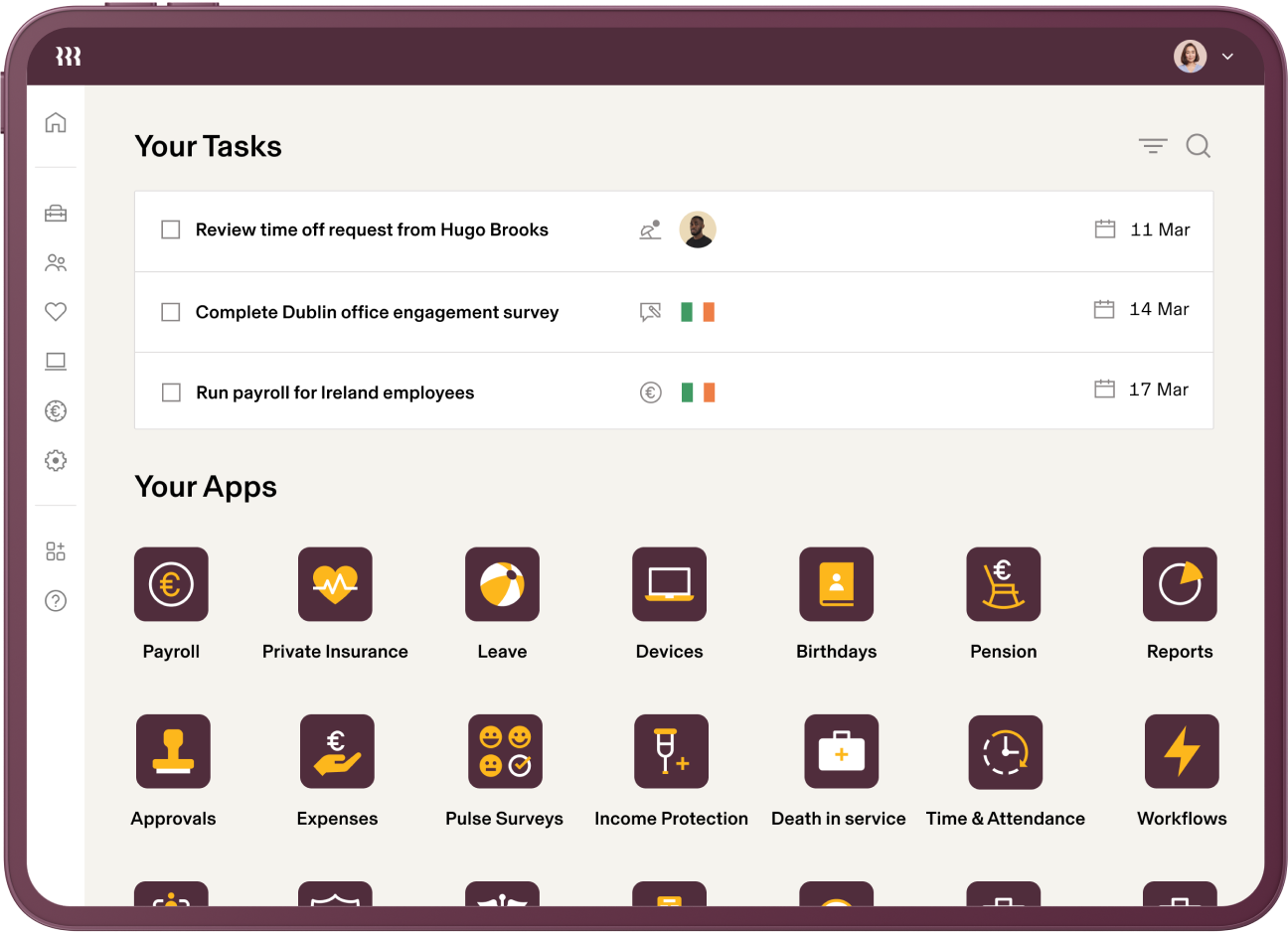The annual performance review can sometimes be seen as an admin-heavy burden, taking away time from your real work. However, taking the time to complete your self evaluation is an important opportunity for employees. Documenting your achievements and outlining your core strengths and weaknesses allows you to identify areas for professional growth and gain insights through feedback from your team members. It gives you a chance to demonstrate your value to the organization in a clear, professional way. Being careless and not taking your self evaluation seriously can impact the way you’re seen in the wider organization, so it’s worth putting in your best effort. In addition to an annual review and a self evaluation every company should collate an annual compensation review.
In this article we’ll show you how to go about writing your self evaluation, and outline ten annual performance review employee self evaluation examples to demonstrate what a good self assessment looks in five commonly used performance review areas.
Why is an employee performance review self evaluation important?
The self assessment sets the tone for your overall review conversation with your manager. It’s your opportunity to document your thoughts about your role and responsibilities, and your perception of yourself within the organization. The self evaluation is as much about planning your professional future as it is about reflecting on your past performance, as it’s your chance to take a step back and assess the broader performance picture. You’re able to both recognize your efforts and find out where you should be building your skills to further your achievements. Writing this yourself lets you firm up your plan for the future and arms you with all the information you need to have an open, honest discussion with your manager to get the most out of your time at the organization.
While it’s critical you write your own self evaluation, it doesn’t hurt to get a little inspiration. Try our performance review phrases builder
to help you construct your own examples of effective performance review self assessments.
Tips for writing an employee performance review self evaluation
- Use the STAR method – The STAR method is a simple way to construct your self evaluation examples. Start by describing a Situation or Task, then the Action you took to accomplish the goal, and finally outline the Results achieved. This gives you a clear description of how you contributed to an important area and what impact the final outcome had.
- Be specific – Define one clear example of an important achievement, an area for improvement or a demonstration of company core values. Focus on how you approached the situation and achieved your outcome.
- Give evidence – Always back up your examples with evidence. It’s much more effective to give concrete documentation, and if you’re tracking your goals throughout the year you’ll have an easy-to-access record of exactly what took place. You should also incorporate the feedback you’ve received from peers, colleagues and clients.
- Reference your job description – Going back to your job description is a great reference for exactly what you’re expected to deliver in your role and what aspects of your work is most impactful to the organization. It’ll give you a useful framework to prompt you on which achievements you should highlight, and what skills you already demonstrate or need to work on further.

Ten annual performance review employee self evaluation examples
The exact structure of your annual performance review will depend on the areas your leaders want to assess. Most performance appraisals will cover these five sections, though, in different ways. Even if they’re not specifically included, these performance review employee self evaluation examples are a useful framework to structure your own self assessment when it comes time to completing your review.
Assess achievement of objectives
You will likely have set yourself goals to achieve this year, in collaboration with your manager. Whether you met your targets or went off track, this is the time to objectively document the outcomes.
1. Self evaluation example: Sales
In the first quarter I exceeded my sales target by 10% through a creative outbound campaign in collaboration with the marketing team. This resulted in me signing my biggest client to date, and gaining three solid referrals from the new relationship.
2. Self evaluation example: Marketing
I didn’t hit my Q4 target of 15% increased organic traffic, as total new visitors went up by 12% this quarter. Through this I’ve gained more insight into what content performs well and what doesn’t, so that going forward we can focus our efforts on high performing posts.
Describe your accomplishments
Accomplishments are more general than objectives, and it’s an excellent space to demonstrate skills improvement and new challenges you took on.
Structure this as "I excelled at area by focusing on these methods and as a result achieved this outcome."
3. Self evaluation example: Development
This year I worked on improving my knowledge of on-page SEO in order to increase site traffic. I created an on-page SEO checklist and using this successfully decreased the number of errors and warnings, resulting in quicker load times. This also allowed me to help the marketing team better structure their content to increase our organic traffic by 25% in the last quarter.
4. Self evaluation example: Human Resources
I managed our first company-wide employee engagement survey to measure and improvement engagement across the organization. This challenged me to learn about new areas of the organization and helped me to deliver a concrete action plan for improvement to the leadership. The employee feedback has been amazing and a 98% participation rate is well above the industry average.
Identify areas for improvement
Being critical of your own performance is difficult, but we all go off track at times. Take responsibility for areas where you fell short, but focus on the steps you took or can take to correct these in future.
5. Self evaluation example: Administration
At the beginning of the year, some of our meetings went off course because I wasn’t familiar enough with the conferencing tools to troubleshoot when things weren’t working. I met with IT to get a better understanding of our software suite and was able to fix the most recent issues myself, and help other team members to do the same.
6. Self evaluation example: Sales
I have let some lead nurturing fall through the cracks the last few months because of the volume of new clients I’ve taken on. Going forward I will improve my time management and set aside a dedicated half hour a day to follow up with warm leads.
Demonstrate behaviour of company core values
Organizations will typically outline 3-5 core behaviours that are important to the company culture and everyone’s ways of working. When evaluating yourself on these core values, make sure to illustrate how you demonstrate the behaviours in your work and not what is an intrinsic personality trait.
7. Self evaluation example: Marketing
I collaborate well with my own team as my feedback shows, but I make an extra effort to work with other areas of the business to broaden my company knowledge and support colleagues with my marketing expertise. This was clear in our work on customer case studies this year which involved input from key members of Sales and Customer Success, which we successfully delivered together and significantly boosted the authority of our brand.
8. Self evaluation example: Human Resources
I focus on delivering high-quality output in every aspect of my work, which is consistently free of errors and delivered on time. The new company policies I developed are clear and easy to read, as the feedback from our business partners has shown.
Suggest areas for professional development
Everybody has skills that they can develop further, and organizations often have programmes in place to support these. The performance review is a great time to bring up skills gaps you want to close and to discuss with your manager how to go about that.
9. Self evaluation example: Development
Next year I want to improve my design skills and knowledge of UI best practices. I’ve researched a couple of available courses and conferences where I’d learn not only the tools I need but would be able to hear new ideas and collaborate with other developers, bringing those skills back to the organization.
10. Self evaluation example: Leadership
As our business grows I want to develop myself as a leader and become a mentor to my team members. Through coaching workshops and organizational psychology courses I will gain a broader knowledge of what motivates people and how I can work to get the best out of our collective talent.
Want to learn more? Head over to our Essential Guide to Performance Reviews to learn more about the history of the review process, and get more lessons and tips to completing an effective performance appraisal.
Ready to 3x Your Teams' Performance?
Use the best performance management software to align goals, track progress, and boost employee engagement.






